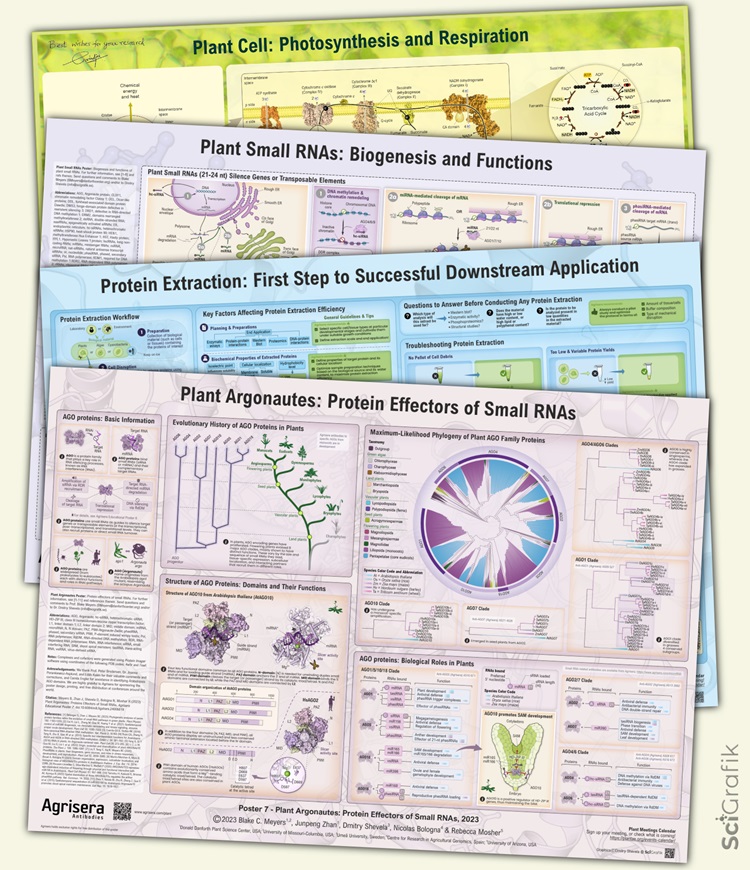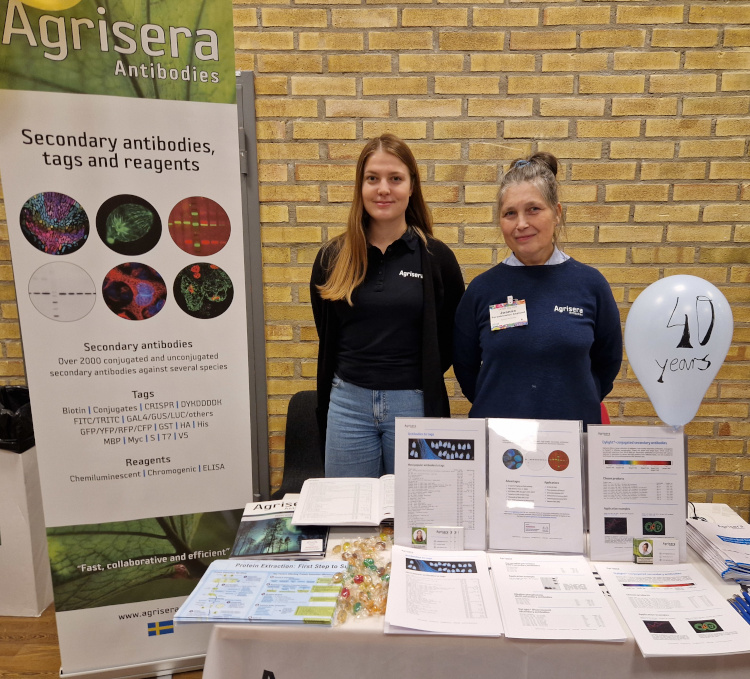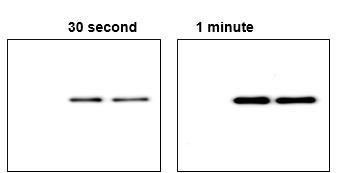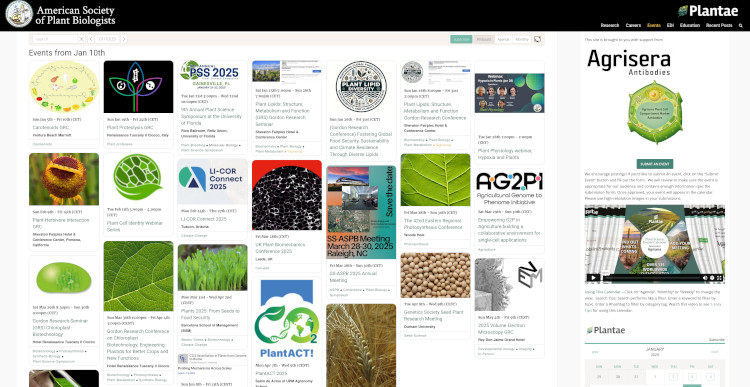In celebration of Agrisera’s 40th anniversary in 2025, we have conducted a series of short interviews with scientists, who have shared their knowledge, ideas and laboratory experience, contributing to the development of Agrisera's antibody collection for plant and algal science. The aim is to honor their contributions to the field, as well as inspire others to venture into plant science, with the support of Agrisera antibodies.

Dr. Douglas Campbell was a postdoctoral fellow at Umeå Plant Science Centre, in the group of Prof. Gunnar Öquist. He later held the position as Canada Research Chair in Phytoplankton Ecophysiology at Mount Allison University for over two decades, and is also Founder and Consulting Scientist at Environmental Proteomics NB. Agrisera has collaborated with Prof. Campbell over many years, including in the development of our collection of widely cited, so-called "global" antibodies.
- Please tell us about yourself and your research/institution.
I was a Canada Research Chair in Phytoplankton Ecophysiology at Mount Allison University, Canada, from 2001-2025. Mount Allison is a primarily undergraduate institution, but we assembled a strong cluster of phytoplankton researchers across the departments of Biology, Biochemistry, Environmental Sciences & Mathematics.
Around 2004, Dr. Christopher Brown (currently U. Calgary), Dr. Amanda Cockshutt (currently St. Frances Xavier University), and I worked with Agrisera colleagues to launch Environmental Proteomics NB, which designs, produces and validates immuno-reagents for detecting proteins of environmental importance, across taxonomic lineages and habitats.
- What motivated you to get into plant science?
My family had a background in agriculture and gardening, and I enjoyed working with plants. Around 1992 I transitioned to working primarily on cyanobacteria, because at the time molecular tools were more accessible for bacteria, than for plants. I then worked on most of the major lineages of eukaryotic phytoplankton, usually on questions related to photosynthesis and stress.
- How have you used (Agrisera) antibodies in your research?
Starting in 2002, we collaborated with Agrisera to design, test and launch lines of "global" antibodies, and accompanying quantitation standards. There is vast taxonomic and functional diversity across phytoplankton and plant groups, but most of their core metabolic pathways include very highly conserved proteins. So antibodies directed against conserved peptide regions can be used to detect and quantify major indicator proteins on an even basis, across a wide range of target organisms, and even in total protein extracted from mixed environmental samples. This allowed a single antibody + standard pair to be more widely used, covering the economic and personnel costs, while providing protein detection systems to groups who could not justify the costs of organism-specific antibodies. My own group has used antibodies produced through Agrisera in dozens of publications on dozens of organisms and systems.
- Any further comments?
Meeting Dr. Joanna Porankiewicz-Asplund, and then Greger Nordlund, of Agrisera was transformative to my career. Their confidence in funding the initial production of Global Antibodies led to a long and fruitful collaboration, with the resulting antibodies and standards now cited in thousands of diverse publications from around the world. I am grateful to Agrisera.
Links
• Prof. Douglas Campbell, Mount Allison University
• Environmental Proteomics
• Agrisera Global Antibody Collection





